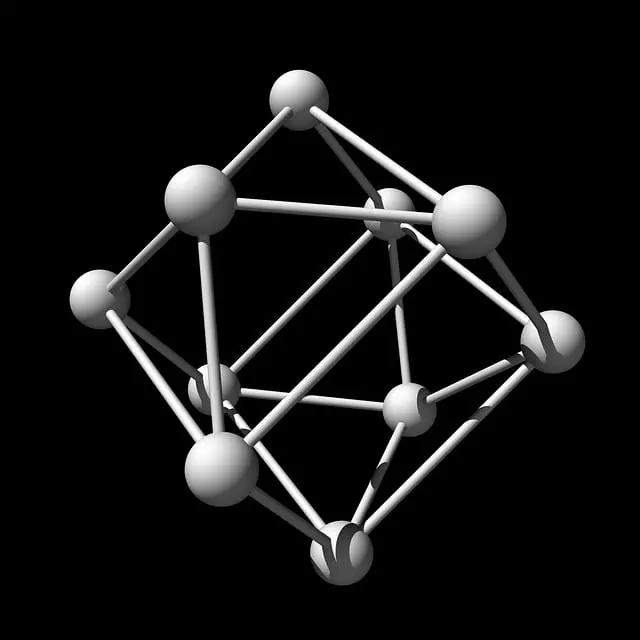Sports nutrition leverages dietary strategies and supplementation to enhance athletic performance, recovery, and injury prevention. Kratom, an ancient Southeast Asian remedy, is gaining attention for its potential to optimize physical conditioning through its influence on prolactin levels. Often referred to as the "milk hormone," prolactin aids in muscle growth and repair. Kratom interacts with opioid receptors, providing analgesic benefits that alleviate post-workout soreness. Additionally, it balances hormones by boosting energy levels, focus, and mood, contributing to optimal athletic performance. This holistic approach combines natural compounds with scientific understanding to support faster recovery, enhanced muscle synthesis, and improved sports outcomes.
In the pursuit of peak physical conditioning, sports nutrition plays a pivotal role in enhancing athletic performance. This article delves into the intricate world of sports nutrition, highlighting its fundamental impact on athletes’ success. We explore how natural supplements like kratom can influence physical conditioning and hormonal balance. Furthermore, we uncover the potential benefits of prolactin in optimizing fitness and recovery processes, offering valuable insights for those striving for excellence in their athletic endeavors.
- Understanding Sports Nutrition and its Role in Athletic Performance
- The Impact of Kratom on Physical Conditioning and Hormonal Balance
- Prolactin: Unlocking the Potential for Optimal Fitness and Recovery
Understanding Sports Nutrition and its Role in Athletic Performance
Sports nutrition is a specialized field focusing on the role of diet and supplementation in enhancing athletic performance. It involves understanding how nutrients influence energy production, muscle recovery, and overall physical conditioning. By optimizing nutrient intake, athletes can achieve peak performance, reduce injury risk, and improve their overall health.
Kratom, for instance, has gained attention in sports nutrition due to its potential effects on prolactin levels. Prolactin is a hormone associated with various physiological processes, including muscle growth and recovery. Some studies suggest that kratom may help regulate prolactin secretion, potentially supporting athletes’ efforts to maintain optimal muscular balance and recover more efficiently after intense training sessions.
The Impact of Kratom on Physical Conditioning and Hormonal Balance
Kratom, a natural herb derived from the Mitragyna speciosa plant, has gained attention in the realm of sports nutrition for its potential to enhance physical conditioning and hormonal balance. This ancient remedy, widely used in Southeast Asia for centuries, offers a unique blend of bioactive compounds that can significantly impact an athlete’s performance and recovery. One of its key effects is its influence on prolactin levels. Prolactin, often referred to as the “milk hormone,” plays a crucial role in various physiological processes, including muscle growth and repair. Studies suggest that kratom can modulate prolactin secretion, potentially leading to improved muscular strength and endurance.
By interacting with opioid receptors, kratom provides analgesic properties, reducing post-workout soreness and enabling athletes to push their limits during training sessions. This effect is particularly beneficial for those engaging in high-intensity interval training (HIIT) or strength and conditioning exercises. Additionally, kratom’s ability to balance hormones can contribute to optimal performance by enhancing energy levels, improving focus, and promoting a positive mood, all of which are essential factors for achieving peak physical conditioning.
Prolactin: Unlocking the Potential for Optimal Fitness and Recovery
Prolactin, a hormone often associated with milk production in breastfeeding women, has emerged as a key player in the realm of sports nutrition, offering potential benefits for athletes striving for peak physical conditioning. Beyond its traditional role, research suggests that prolactin’s effects extend to muscle growth, recovery, and overall performance enhancement.
In the context of kratom prolactin, this natural compound has garnered interest due to its ability to modulate prolactin levels in the body. Athletes and fitness enthusiasts are increasingly exploring kratom as a supplement to support their training regimens. By regulating prolactin, kratom may contribute to improved recovery, enhanced muscle synthesis, and better overall fitness outcomes. This strategic approach to nutrition recognizes the intricate relationship between hormonal balance and athletic performance, paving the way for a more holistic understanding of optimal fitness and accelerated recovery processes.
In conclusion, sports nutrition plays a pivotal role in achieving peak physical conditioning. By understanding the intricate relationship between dietary choices and athletic performance, athletes can unlock their full potential. The article has explored two promising areas: the impact of kratom on physical conditioning and hormonal balance, as well as the role of prolactin in enhancing fitness and recovery. Integrating these insights into a comprehensive nutrition strategy, alongside targeted supplementation, can lead to significant improvements in overall athletic performance and well-being.






